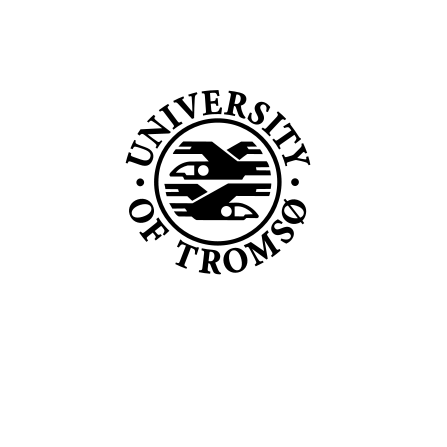Warning message
The subscription service is currently unavailable. Please try again later.
The Norwegian College of Fisheries Science (NFH), which is an institute at the Faculty of Biosciences, Fisheries and Economics at the University of Tromsø, Norway, is responsible for development of scientific knowledge within all areas of marine research in Norway. NFH has systematically developed competence, facilities and equipment related to marine and fishery biology, including population structure and dynamics. During the last 30 years NFH also has developed knowledge in bio-economic modelling during the more recent year knowledge about ecosystem services and their valuation. Teaching and research is primarily focused on the fields of biological oceanography, fisheries biology, assessment, resource management and marine governance and aquaculture. The faculty hosts competence in multidisciplinary studies and in implementing results.
Relevant projects Researchers affiliated to the Norwegian College of Fisheries Science have taken part in several research projects, both at national, EU and other international level. Especially relevant experiences for PrimeFish is the participation in the EU financed projects MEFEPO (Making European Ecosystem Fisheries Plans Operationable), which describes in detail selected European fisheries in terms of biological and societal/economic characteristics. In turn this is used as input in the discussion of how the fisheries may meet requirements for European fisheries activities as stated in the CFP (Common Fisheries Policy) and the Marine Strategy Framework Directive (MSFD). In the projects CoralFish, financed by the EU, and CoralValue, financed by the Norwegian research Council the main tasks concern assessment of deep sea resources (corals) and their importance for commercial fish stocks. The latter encompass a valuation survey of the willingness to pay for protecting cold water corals, although this may hamper fisheries activities. In the project RecreationValue, financed by the Norwegian research Council, private (non-market) recreational services in the coastal zone, which may conflict with marine industrial activities, are assessed and valued.

